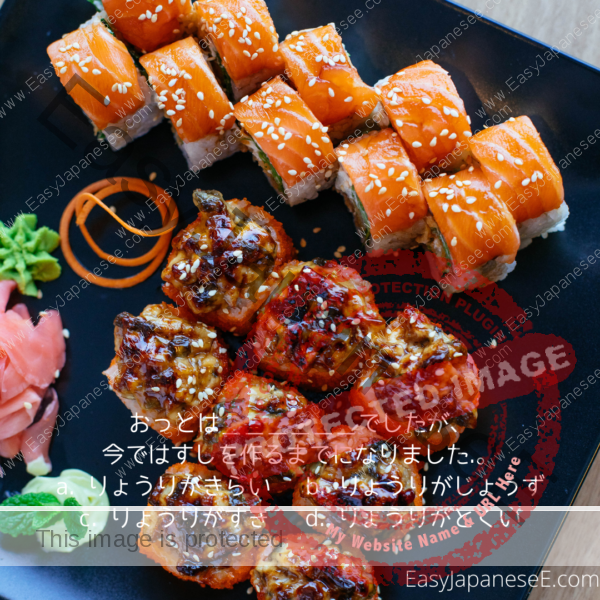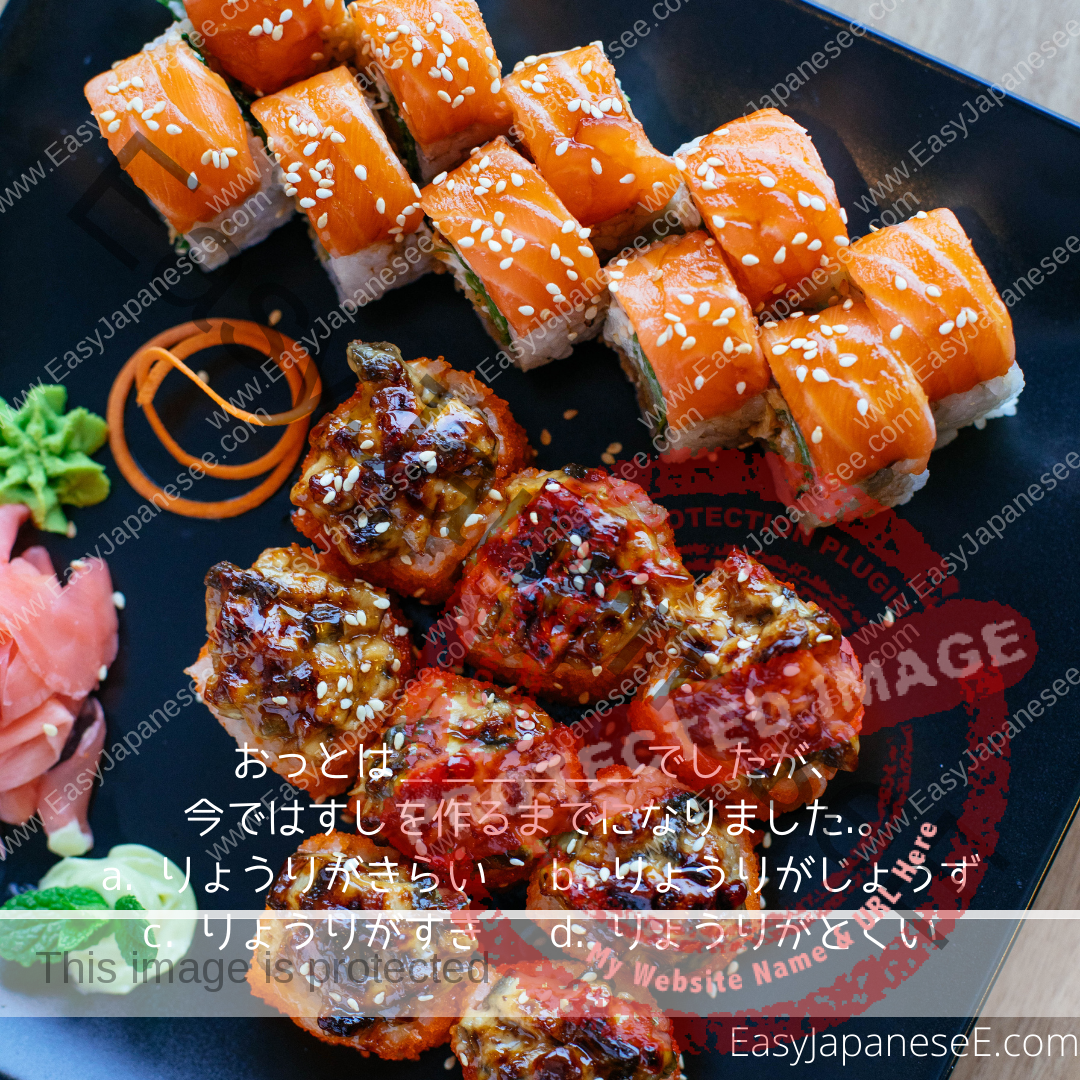
Today’s Grammar Point: ~まで (for extent)
In JLPT N5 level, we learned ~まで to be the end point marker which makes a pair with the start point marker ~から. For this ~まで, please read AからBまで .
The ~まで I’m going to talk about today is a particle to describe a/the limit (“to ~” or “up to ~”) or to emphasise the extreme nature of a situation (“to the extent of ~” or “even ~”)
Connections
- [noun] (+ [particle]) まで
(まで in this usage usually replaces particles は、が、を) - [てform verb]まで
- [plain form verb]まで
Examples of stating the limit or a cut-off point
10冊まで借りられます。
You can borrow up to 10 books.応募資格は30歳までです。
Applicants must be 30 years old or younger.
Examples of emphasis
強風で屋根まで飛んだ。
Even the roof was blown off by the strong wind.先生までジョンさんの嘘を信じてしまった。
Even the teacher believed John’s lie.お腹がすいて盗みまでしたそうだ。
He was so hungry that he went to the extent of committing theft.そこまでする必要があるのでしょうか。
Do we really need to do that much?カンニングをしてまで、いい点が取りたいんですか。
Will you go as far as cheating in order to get good marks?命を賭けてまで守りたいものはない。
There is nothing that I would stake my life on to protect.夫は料理が嫌いでしたが、今ではすしを作るまでになりました。(Today’s Caption)
My husband didn’t like cooking but now he even makes sushi.
Here the particle まで does not replace the particle に (the result of a change marker) which the verb なりました needs.わざわざおいでいただくまでもありません。お電話で十分です。
There’s no need for you to come all the way over here; a phone call will do.
For this, it may be easier for you to remember ~までもない as a set expression meaning “there is no need to ~”
Answer to today’s question: a (for meaning see above)
おっとは______でしたが、今ではすしを作るまでになりました.。
a. りょうりがきらい he doesn’t like cooking
b. りょうりがじょうず he is good at cooking
c. りょうりがすき he likes cooking
d. りょうりがとくい he feels confident in cooking.
まで emphasises his change, so the only a. he doesn’t like cooking will fit in the context.
For more study material for JLPT N4 exam, please visit JLPT N4 Grammar and Vocab and JLPT N4 Kanji pages.

